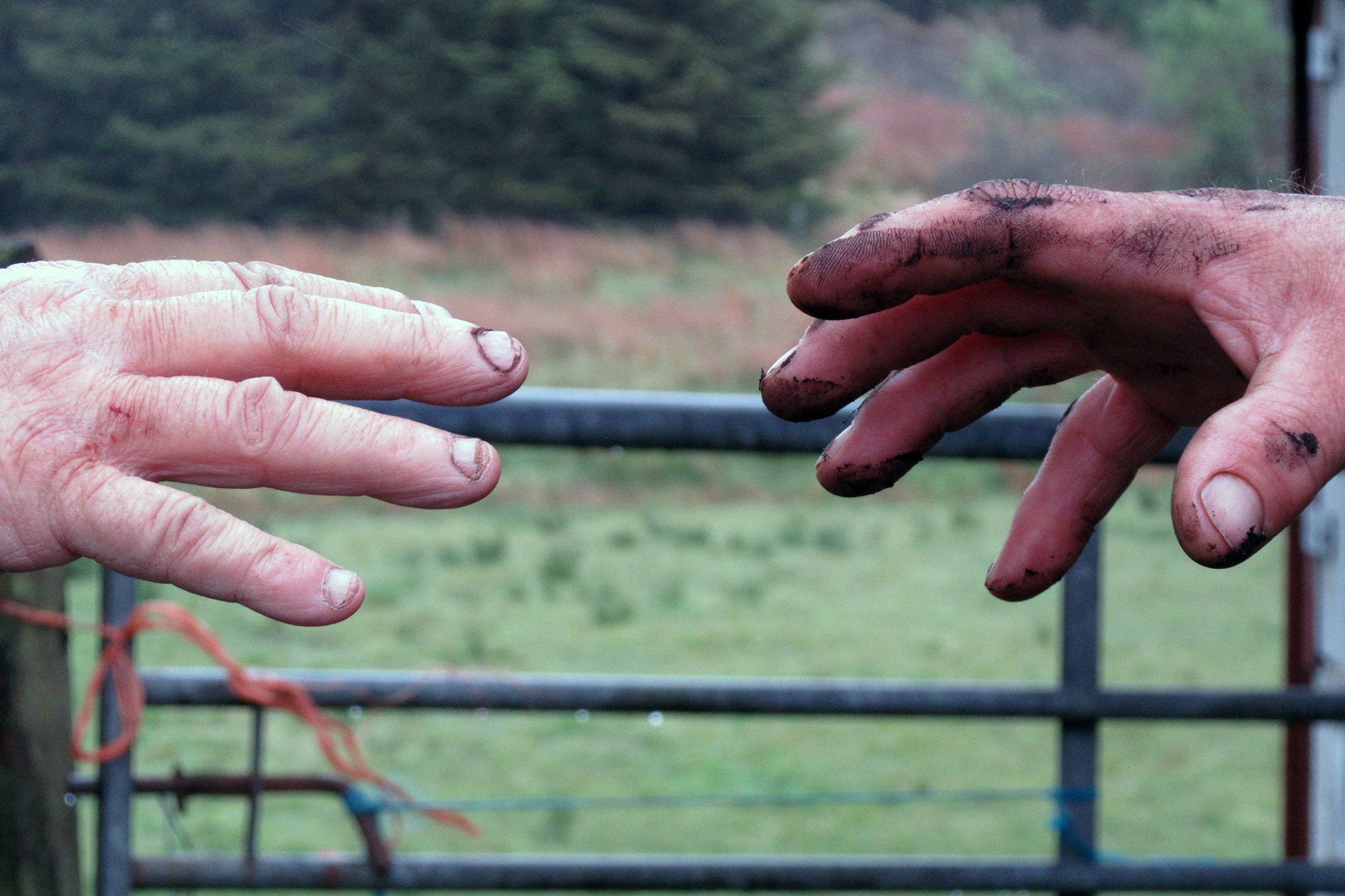The Farmers’ Union of Wales (FUW) recently met with Welsh Conservative Senedd Leader, Darren Millar MS and Shadow Minister for Infrastructure, Transport and Rural Affairs, Peter Fox MS to discuss the challenges facing Welsh farmers.
Meeting in Usk, Monmouthshire, the meeting provided an opportunity to focus on a range of issues, including the Sustainable Farming Scheme, bovine TB and the proposed UK Government changes to Inheritance Tax.
High on the agenda was the need for the Welsh Government to deliver stability for the farming sector, with particular focus given to the Sustainable Farming Scheme.
Following upheaval within the sector in February 2024, as a result of the Welsh Government’s initial Sustainable Farming Scheme proposals, November 2024 saw the Welsh Government publish an updated framework. Financial modelling and payment rates however remain under discussion, with an announcement expected in Summer 2025.
Commenting on the SFS, Ian Rickman, Farmers’ Union of Wales President said: “We welcome the progress made on the Sustainable Farming Scheme over recent months, and the Welsh Government’s ongoing commitment to work with the sector.
"However, the publishing of the framework in November was merely the end of the beginning, and crucially we now await details of the funding and payment rates for Welsh farmers. It’s vital these budgets and payment methodology deliver real economic stability for our family farms in Wales as we face a backdrop of many other challenges.”
The Farmers’ Union of Wales officials also took the opportunity to highlight the concerns within the sector regarding the UK Government’s proposed changes to the inheritance tax and agricultural property relief, which have led to mass protests and unrest within the farming sector.
In her first budget, the Chancellor Rachel Reeves, announced that from April 2026, taxes would apply to agricultural assets over £1 million (or up to £3 million in certain circumstances). At the time, the Chancellor claimed the changes would continue to protect small family farms, with “three-quarters of claims unaffected by these changes.”
However, in their submission to the Welsh Affairs Committee’s call for evidence, the FUW questioned the Treasury’s figures, suggesting that the proportion of farmers affected by changes to APR would be far higher than initially claimed by the UK Government.
Ian Rickman, FUW President added: “Our analysis of the impact of changes to the inheritance tax demonstrates a very concerning pattern suggesting that a significant proportion of Welsh farmers responsible for the majority of Welsh food production and agricultural activity will be adversely affected by the changes to APR.
"Given the current and historically low farm profits for the farm types which predominate in Wales, and significant downward pressure on farm incomes due to regulation and changes in support policies, it would appear that in many or most cases such inheritance tax bills would be unaffordable, even when divided over a ten year period, necessitating the sale of large areas of farmland. The subsequent impact on food production, the rural economy, and communities would therefore be far-reaching.”
Commenting following the meeting, Peter Fox MS, who was appointed Shadow Minister for Infrastructure, Transport and Rural Affairs in December 2024 said: “Both Darren and I welcomed the opportunity to meet with the Farmers’ Union of Wales to discuss the many challenges and changes currently facing Welsh farmers.
2As we’ve seen through the growing unrest and dwindling morale within the sector, Welsh farmers are currently facing a perfect storm of pressures - be it the ongoing strain of bovine TB and NVZs, to the immense uncertainty over changes to inheritance tax and the Sustainable Farming Scheme.
"As Shadow Rural Affairs spokesperson, I look forward to continuing to work with the sector, addressing and raising these concerns, and pressing to ensure farmers’ key role as food producers is safeguarded.”







